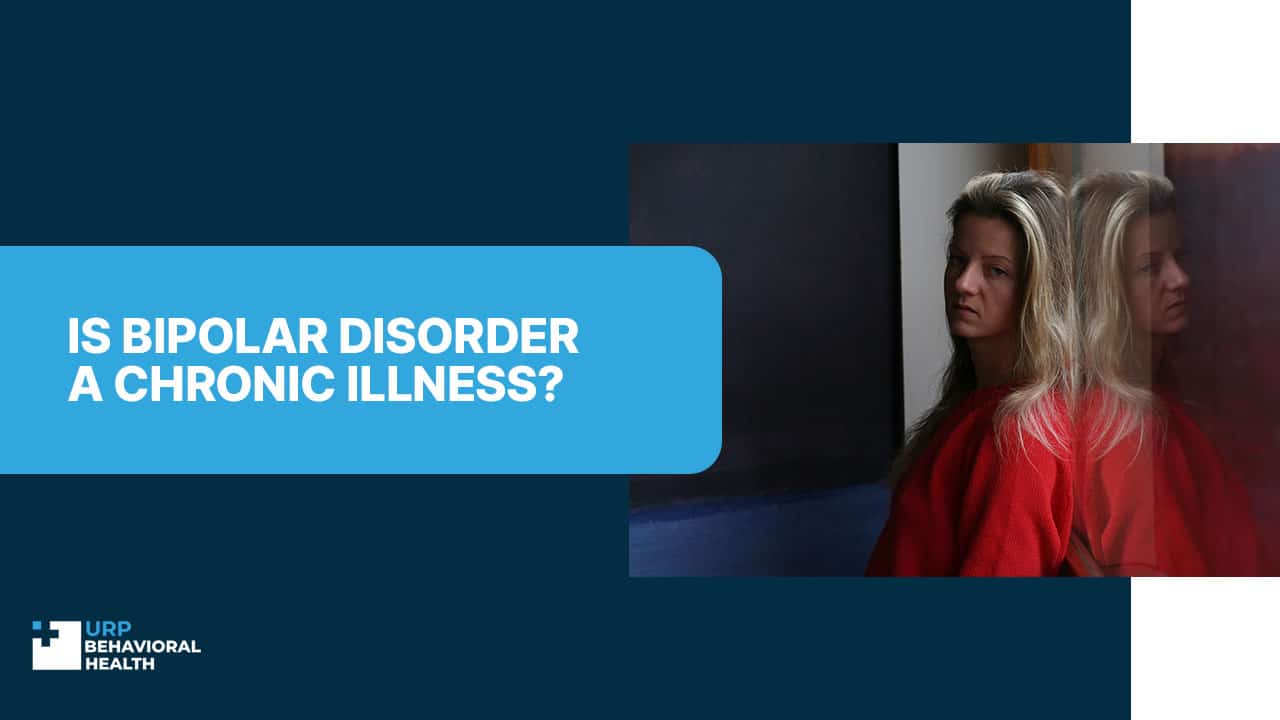
Is Bipolar Disorder a Chronic Illness?
Bipolar disorder is characterized by regular mood swings and since its onset, patients experience them in various severity. Ups and downs follow each other and, according to their severity, there are three main types of BPD – namely, BPD 1, BPD 2, and cyclothymic bipolar disorder. Although the start of BPD may occur in adulthood, this illness is formally recognized as a chronic illness. Even in the best-case scenario, in patients whose mental health is fully stabilized, residual symptoms may occur from time to time and they greatly impact overall disability. These residual symptoms typically are embodied in discrete episodes of depression, hypomania, mania, or their combinations. Unfortunately, there is no ultimate remedy for BPD to cure it finally, thus, like for most chronic diseases, preventive treatment is recommended.
Don’t wait - confidential help is available right now for you or your loved one.
















